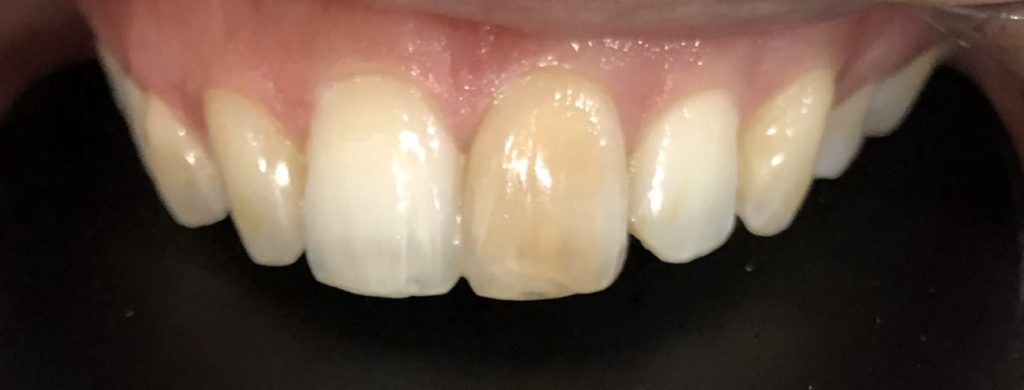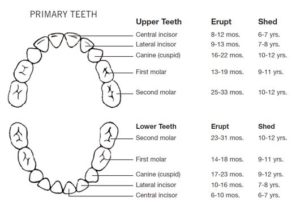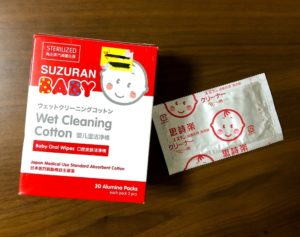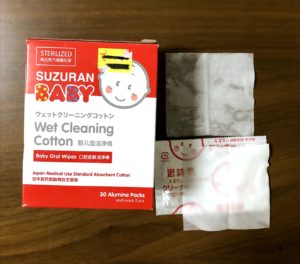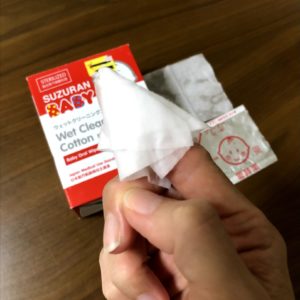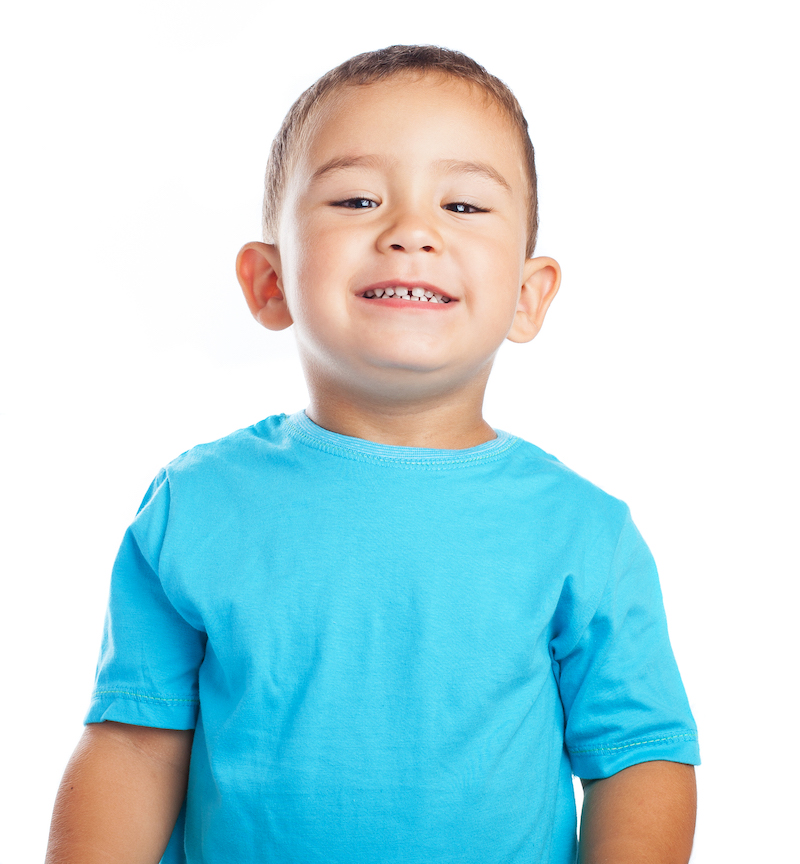Bleaching: How I Whiten A Single Discoloured Tooth
Single Discoloured Tooth
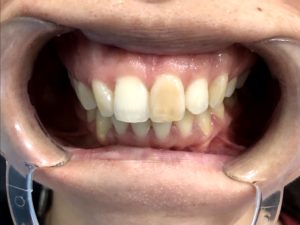
Do you have a friend who has a weird colour tooth?
Have you wondered why?
Or are you one of them who hopes to find a solution?
.
.
.
Here is the solution: Internal bleaching – a procedure to whiten the dead tooth from within.
Chris’s experience with internal bleaching
Chris had this discoloured tooth accompaniment since forever.
She always had this doubt why is it so, but she never actively looks for a solution.
Until recently when she came to me and I propose this solution and she agrees.
The whole procedures took about a month to complete.
She came about three times in between for me to carry out the procedure.
Each time when Chris came, I would put some whitening gel into the tooth, and she could go home within about 5 minutes. It is a total pain free procedure that is quick and easy to carry out.
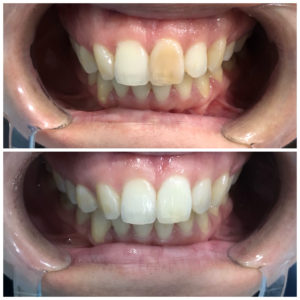
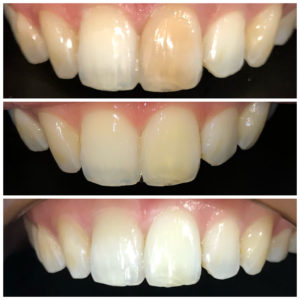
Who are the suitable candidates for this procedure?
- Root canal treated tooth that discoloured.
- Tooth that had trauma before
- A tooth that without reason turn darker over time
If you have been troubled by this situation, the best is to go to see a dentist for consultation to be sure that if this could be your solution.
With Love,
Gwen Gan

